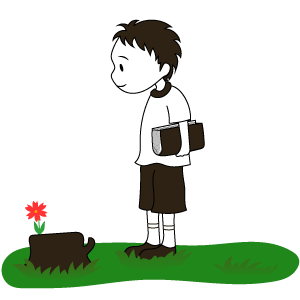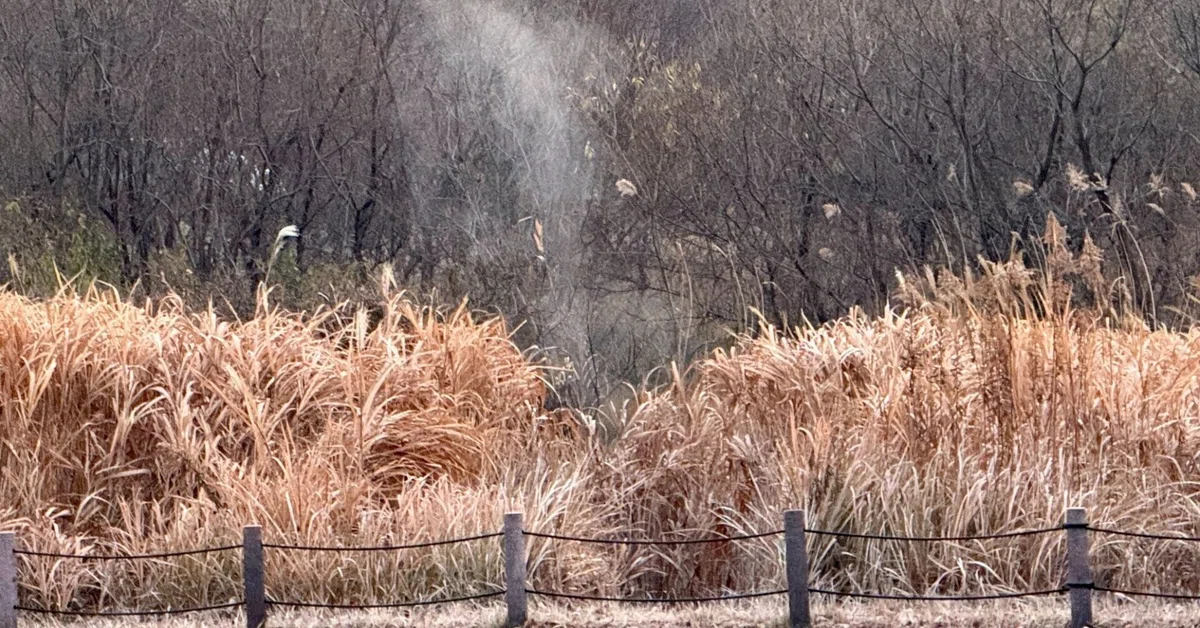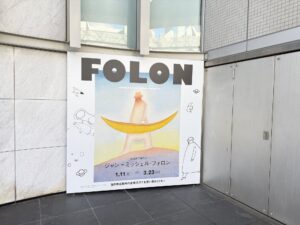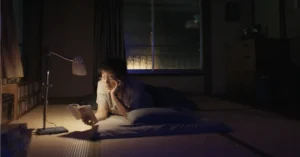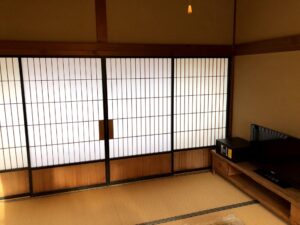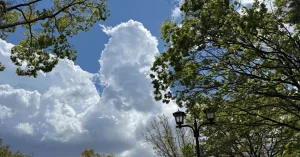A while ago, the Akutagawa Prize was a hot topic (by the way, Ando Jose’s work is amazing), and I was curious about the term “pure literature.”
Who on earth would purposely add the prefix “pure” to literature?
I decided to look into it.
Apparently, the term “pure literature” only exists in Japan, and originates from a critique by Kitamura Tokoku. The important thing seems to be whether the work, especially the writing, is “artistic.”
And for some reason, this reminded me of ski jumping. No matter how far or long you jump, the results are judged based on an artistic viewpoint called the jumping form.
It’s a bit like the feeling I get when I watch the Olympics and think it’s strange.
In other words, no matter how interesting a novel is and how well-written the story is, if there is no “beauty” in the writing (form?), then it loses value. I guess that’s what makes it different from the popular literature that is the Naoki Prize.
On the other hand, my main field is novels that can be read by small children, the so-called “children’s literature,” but of course there is no such thing as “pure” children’s literature.
The word “children” (although I don’t really like this word) itself implies an age and also has a nuance of “pure,” so perhaps it’s not really necessary.
Even if a field like “pure” children’s literature was created to evaluate artistic merit, it would probably be meaningless, as it would be just like “pure” within “pure.”
As I was thinking about such trivial things, I wondered why people write what is called pure literature.
But on the other hand, when asked why I write children’s literature, I am at a loss for an answer.
All I can say is that “the work that was created just happened to be that way.”
I believe that a work is not a technique but merely a result, but my honest answer is that once it was completed, it turned out to be children’s literature.
In other words, I wrote the way I wanted to write, and it just happened to be a work that children could read.
However, I can think of a few reasons why. One of them is that deep down he wished for as many people as possible to read it. This inevitably led to a wider age range, and it was also translated into English.
So, it’s a bit misleading to say that it’s textbook-like, but unlike typical children’s literature, there’s not the slightest bit of a goal to educate, guide or enlighten children.
I know this is saying this coming from someone who has written a story, but I often think that many children shouldn’t read too much, even if it’s children’s literature.
After finishing reading, they want to go outside and play, maybe play baseball or get muddy with the others.
Stories have a much stronger power than you might think. If they’re not careful, they can even change the life of the reader. Sometimes for the worse.
If you read too much, it can be poisonous. Especially for young children. However, among these children, there are quite a few who feel a certain “uncomfortableness” towards society, who cannot somehow fit in with this world, who wonder why they were born into such a world, and who live with sadness every day.
Every day they feel anxious, scared, and in pain, as if they are pointlessly frightened by their painful days.
This contradicts what I said about them having no purpose, but I would like to say something to such children. I don’t mean the cunning wisdom of adults (although this is also necessary), but rather a reference that suggests, if you have to live anyway, why not try living like this? I would like them to be able to celebrate the act of living itself.
Even now, I am writing novels for adults, but when I write I can’t help thinking about the bad parts of adults, the dark side of humanity, or the true nature of people, and I just can’t write well. Or rather, even when I try to write, my pen stops.
Fukunaga Reiji, who once wrote Crayon Kingdom, also joined the university literature club in the hopes of becoming a novelist, but in a dimly lit room always filled with cigarette smoke, the club members all looked gloomy, constantly battling difficult philosophical and literary theories, arguing and insulting each other, and the seniors were all saying that the essence of literature is to write about the ugly side of humanity.
Fukunaga Reiji said that such things were nothing more than muddy, unappetizing “doburoku literature,” and that he didn’t want to write anything like that. He said that even if he was told that he didn’t portray humanity, and even if he was criticized for not being pure literature, he wanted to continue depicting a world of “pretty words” until the very end. (Yanase Takashi said something similar.)
Anpanman, Crayon Kingdom. If we were to compare these to literature, they might fall into the category of entertainment literature or popular literature, but it is these “pretty words” that are truly “pure,” and I feel that this is what makes them worthy of praise.
And if I were to use the term, they might be “pure” children’s literature.
In terms of novels, these would be “The Little Prince” and “Night on the Galactic Railroad.”
It is beautifully written, aesthetically pleasing writing that is valuable, and if it is not pure literature, then a lack of artistic merit is simply a matter of technique, and I feel that it is in these works that the true essence of “literature,” or art, is found.
And I believe that this is pure literature in the true sense of the word, whether it is for adults or children. That is not to say that it is not interesting just because it is pure literature.
It just means that the work is poorly made. Whether it is beautifully written, written in classical Chinese, or written in the literary style of Mori Ogai or Higuchi Ichiyo, if something is interesting it will be interesting.
Matsumura T. Sanzo, who recently won the Akutagawa Prize, has been advocating something called the “Interesting Pure Literature Movement,” and I feel he shares similar thoughts.
I believe that high artistic quality and entertainment value go hand in hand, or at least they should go hand in hand.
In turn, I also want to write about the “nice things” of this world.
Kobayashi Hideo once said, “The reason why what the world calls literature ended in the 19th century is because, from Tolstoy and Balzac to Proust, in other words, the theme shifted from idealism to pessimism,” and I agree.
It may be a bit exaggerated, but it’s the ideal of humanity. In other words, nice things no matter what.
“Hope (salvation)” rather than “despair.”
I would like to keep this in mind when writing not only children’s literature, but also novels for adults (although it’s quite difficult).
But in today’s world, whether it’s about hope or despair, novels probably aren’t read very often anyway…
“I look up to the highest peaks, forgetting my footing and falling, resonating with the world”
